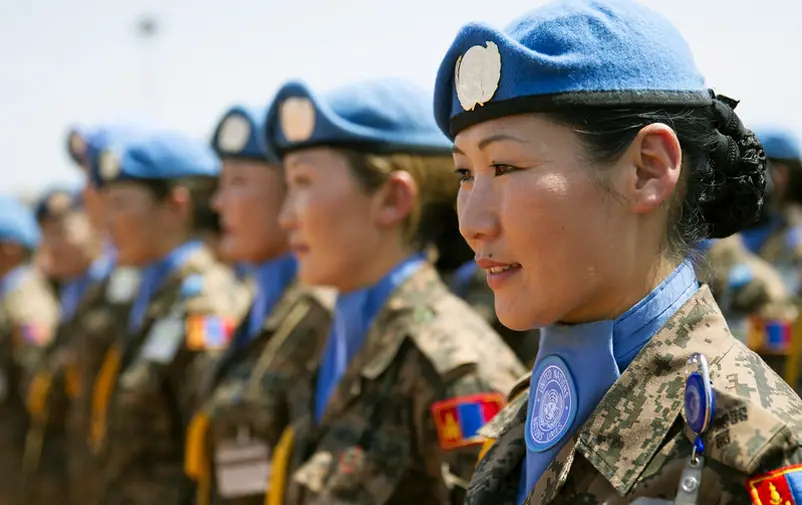
Photo: UN Photo/Martine Perret
In the early phase of a transition from war to peace, numerous political aspirations and concerns of individuals and groups must be carefully balanced. Moving from military conflict to sustainable peace requires a gradual adjustment by the conflicting parties from a dependence on military sources of power to an ability to operate as civilian actors in a peacetime society.
Many DDR and SSR processes fail because the political environment (i.e. primarily the trust and confidence that each party will stick to what have been agreed) are not ripe at the time of signing an agreement. Mediation efforts, program planning and even terminology must be sensitive to cultural, economic, social and historical circumstances, allowing for ownership of a peace process, by its relevant stakeholders.
To better understand such transitional mechanisms for balancing security and
development, this study was conducted by the FBA and Sthlm Policy Group during 2007-2008.
MORE FROM HOME
What does research tell us about strategic civil-military leadership in UN integrated missions? The recent FBA research brief "Mission Leaders: An Evidence-based Assessment” presents seven policy recommendations.
2025-07-01 13:34FBA has both increased and adapted its work in Ukraine in the wake of Russia's invasion.
FBA in UkraineKlara Grenhagen works as a specialist at FBA's Africa unit with a focus on dialogue, reconciliation and peace processes.
More about our expertsFBA is part of Sweden’s development aid within the area of peace and security
Read more about the countries where we work